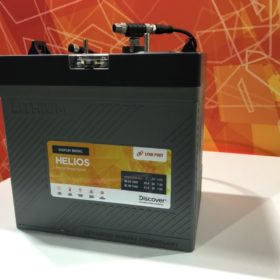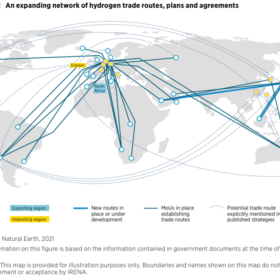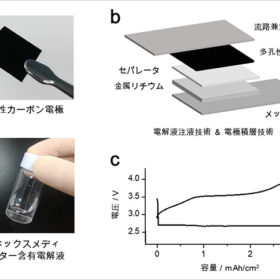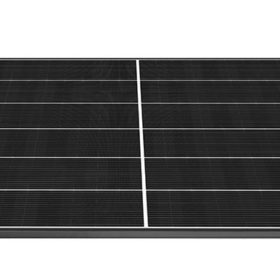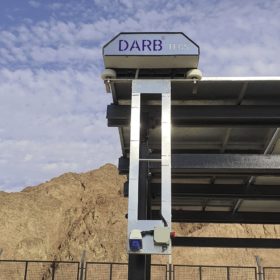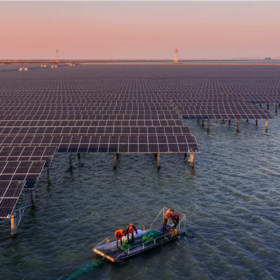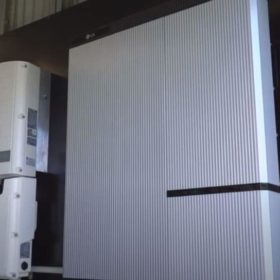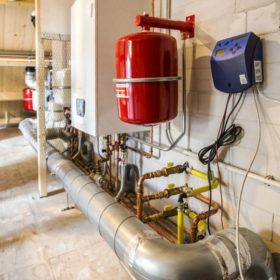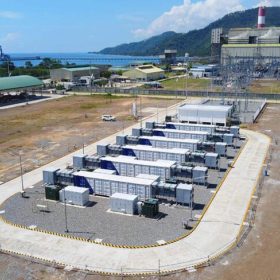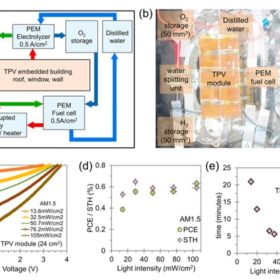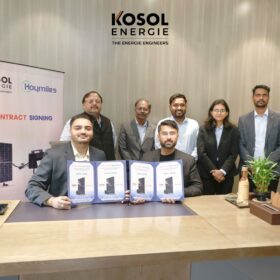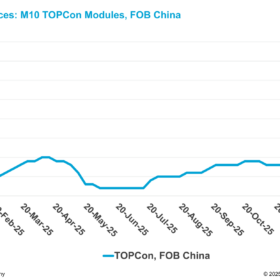Discover Battery unveils lithium ferro-phosphate battery for off-grid solar, tiny homes
At Intersolar North America in California, Canada-based Discover Battery has launched the Helios energy storage system, an LFP battery designed to operate in remote conditions.
Green hydrogen could disrupt global trade, bilateral energy relations
While there are still many uncertainties as to the way in which hydrogen trade might evolve and change economic ties and political dynamics between countries, experts agree that green hydrogen can bring winds of change to the global energy arena. According to the International Renewable Energy Agency, significant geoeconomic and geopolitical shifts are just around the corner.
Japanese consortium builds lithium-air battery with energy density of 500 Wh/kg
A Japanese group has developed a storage system with potential applications in residential storage, electric vehicles, drones and Internet-of-Things devices.
Panasonic unveils 410 W solar panel with 22.2% efficiency
The new heterojunction module series is compatible with Panasonic’s Evervolt battery and has a power output ranging from 400 to 410 W. It also features a temperature coefficient of -0.26% per degree Celsius.
The long read: Dealing with dust
Sand and dust are a PV plant operator’s worst nightmare. Performance losses due to soiling, or “the dust effect,” are a cause for innovation among O&M providers, particularly in dry and dusty regions that are otherwise ideal locations for large-scale solar installations. Yazeed Al-Mousa examines the latest robotic cleaning solutions, as well as the software and sensors that help plant operators with the tricky economic decision of when to actually start cleaning.
Chinese fish pond hosts 550 MW solar farm
Built by the Chint Group, the project is currently the largest in China combining PV power generation and fish farming. It is located in Wenzhou, a city with a subtropical maritime monsoon climate in China’s Zhejiang province.
LG Energy Solution IPO attracts $80bn in bids
LG Chem’s energy storage and battery division’s $10.7 billion initial public offering received a staggering response from institutional investors, Reuters has reported.
Residential building fully reliant on hydrogen for space heating, hot water
The campus of the Delft University of Technology (TU Delft) in the Netherlands is currently hosting a retrofitted existing building provided with heating by an H2 heating boiler in the attic. The boiler is linked to an underground hydrogen system.
Philippines’ SMC to start operation of 690MW of batteries
Filipino conglomerate San Miguel Corp aims to complete 1GW of battery storage projects this year to make way for the integration of some 3GW of intermittent renewable energy generation.
Solar-powered hydrogen for domestic applications via building-integrated transparent platform
An international research group has created a closed-loop, transparent energy platform based on PV power generation and hydrogen production from photo-electrochemical cells. The system is claimed to supply power without interruption and to be transparent enough to be integrated into buildings.
